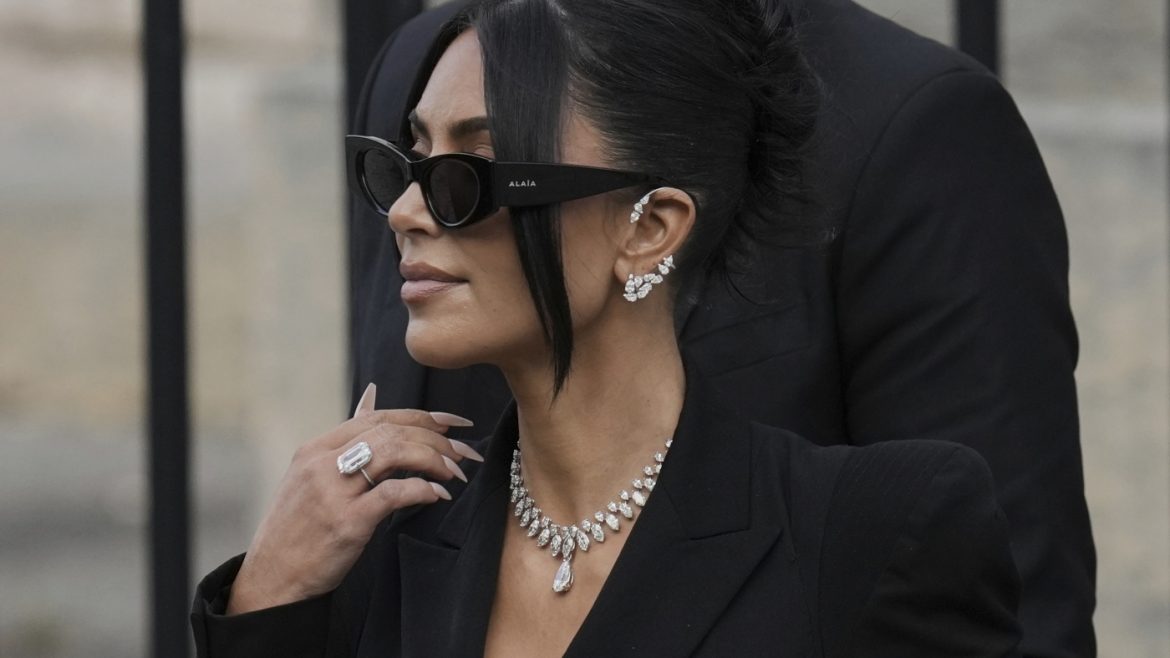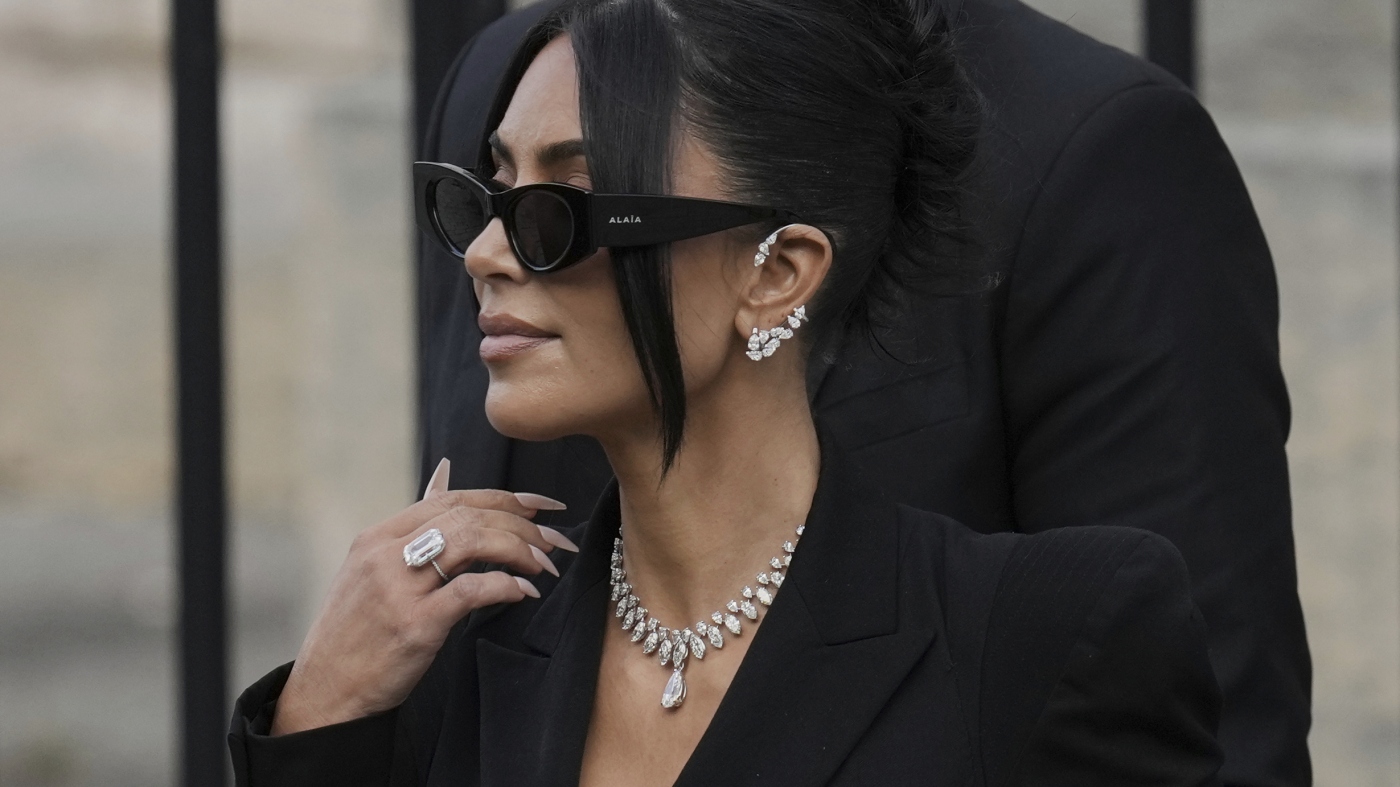Unraveling the Kim Kardashian Jewelry Heist: The Paris Trial and Its Implications
Nearly a decade after a dramatic robbery rocked the luxury lifestyle of American reality TV icon Kim Kardashian, the Paris court has finally reached a pivotal moment: the delivery of a verdict in the high-profile trial of ten individuals accused of orchestrating and executing the audacious 2016 heist. This trial, unfolding almost nine years after the violent event, has not only illuminated the stark realities of celebrity vulnerability but also stirred discourse on crime, justice, and the psychological aftermath of public victimization.
—
The 2016 Paris Heist: A Crime of High Stakes and High Emotions
During Paris Fashion Week in October 2016, Kim Kardashian was staying at a luxury hotel in the French capital when the robbery occurred. A gang of ten suspects, striking within minutes, invaded her residence, held her at gunpoint, and subdued her with cuffs and gags. The assailants made off with approximately $10 million worth of jewelry, including a notably valuable diamond engagement ring. The incident, terrifying in its immediacy and boldness, was emblematic of the risks tied to celebrity fame and wealth.
Kardashian later described the ordeal as harrowing, recalling moments where she feared for her life. She testifie during the trial that she even feared a sexual assault. The trauma extended well beyond the theft of expensive items; it was an invasion of privacy and personal security that left lasting emotional scars.
—
The Trial: From Rooms of Trauma to Courtrooms of Justice
The trial of the accused—nine men and one woman, some of whom are seasoned figures in the Parisian criminal underworld—began nearly nine years after the event. Known in the French media as the “grandpa robbers” due to the age of several defendants, the case centered heavily on the evidence linking them to the crime and their roles in the operation, whether as direct participants or as accomplices.
Kim Kardashian’s presence in the courtroom was a defining element of the proceeding. Her testimony was raw and emotional, providing firsthand accounts that humanized the otherwise sterile legal process. She expressed her determination to confront her fear and seek closure, stating that testifying allowed her to “put this, hopefully, to rest.”
Prosecutors pressed for harsh penalties, advocating for sentences up to 10 years for four principal defendants, underscoring not only the gravity of the crime but the need for deterrence against future attacks on high-profile individuals. Among the accused, Aomar Aït Khedache, a 68-year-old alleged ringleader with a long criminal record, was a focal point of the prosecution’s case.
—
Legal and Social Considerations: Fame, Victimhood, and Justice
The trial rekindled public debate about the fragility of personal security in the age of relentless media scrutiny and the price of conspicuous wealth. Kardashian’s experience challenged the often glamorized view of celebrity, revealing vulnerabilities that resonate widely, even beyond the celebrity class.
Moreover, the case underscored the tension within the criminal justice system when dealing with historic crimes where memories, physical evidence, and witness credibility become central. The defendants mostly denied their involvement, making the prosecution’s task complex and the court’s decision awaited with great anticipation.
The courtroom drama also extended humanizing moments, such as Kardashian expressing forgiveness toward one of her accused attackers after hearing a letter of apology—a gesture evoking the complex interplay of trauma, empathy, and the human desire for closure.
—
Cultural Impact and Legacy of the Heist Trial
As one of the most talked-about courtroom events of recent years, the trial not only highlighted the specifics of a violent robbery but also sparked conversations about the intersection of celebrity culture, wealth, and crime. The intense media coverage, from live court reports to detailed analyses, reflects society’s fascination with stories that combine glamour, danger, and justice.
Beyond the immediate legal outcomes, the trial leaves a legacy in the discourse on how the criminal justice system negotiates cases involving high-profile victims. It reveals the double-edged sword of fame: while it can amplify one’s platform and influence, it can also make individuals targets for exploitation and violence.
—
Awaiting the Verdict: Reflections on Justice and Closure
The Paris court is poised to deliver its verdict, almost nine years after the robbery, culminating a complex legal and emotional journey. The sentence will determine the fate of ten accused individuals, more than half of whom face potentially lengthy prison terms.
For Kim Kardashian, the trial has been a public reckoning with trauma, a platform to assert her truth, and a step toward reclaiming peace of mind. For the legal system and society at large, the verdict represents the pursuit of accountability balanced against the challenges posed by the passage of time and contested narratives.
As the world awaits this final chapter, the case remains a compelling reminder of the human stories behind headlines: of fear, resilience, justice sought and sometimes found, and the enduring shadows cast by moments when fortune and fame collide with crime.


